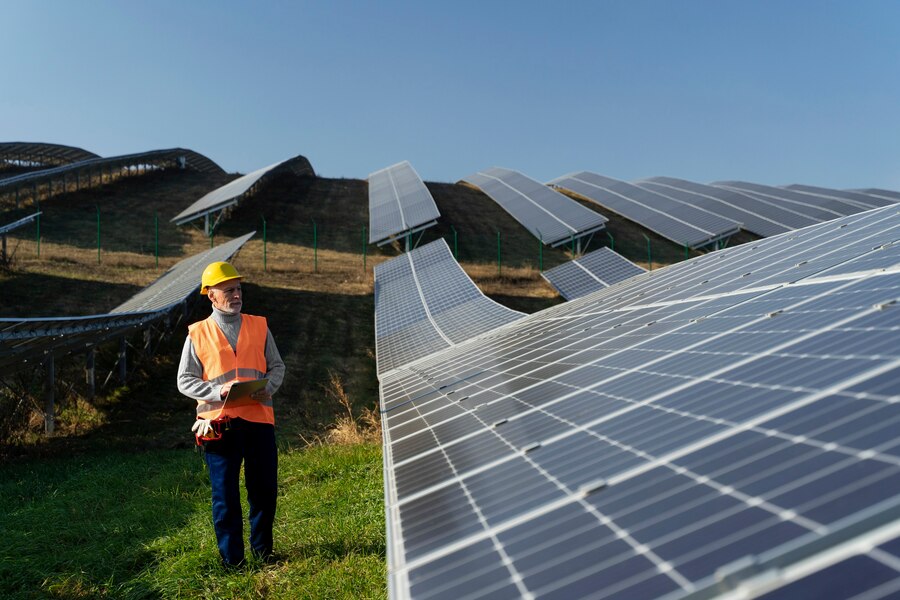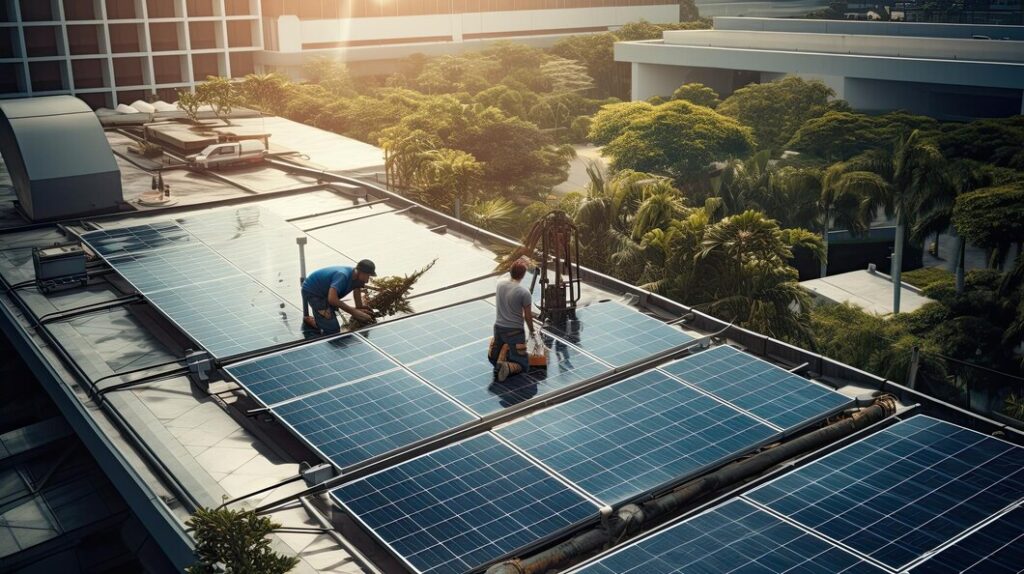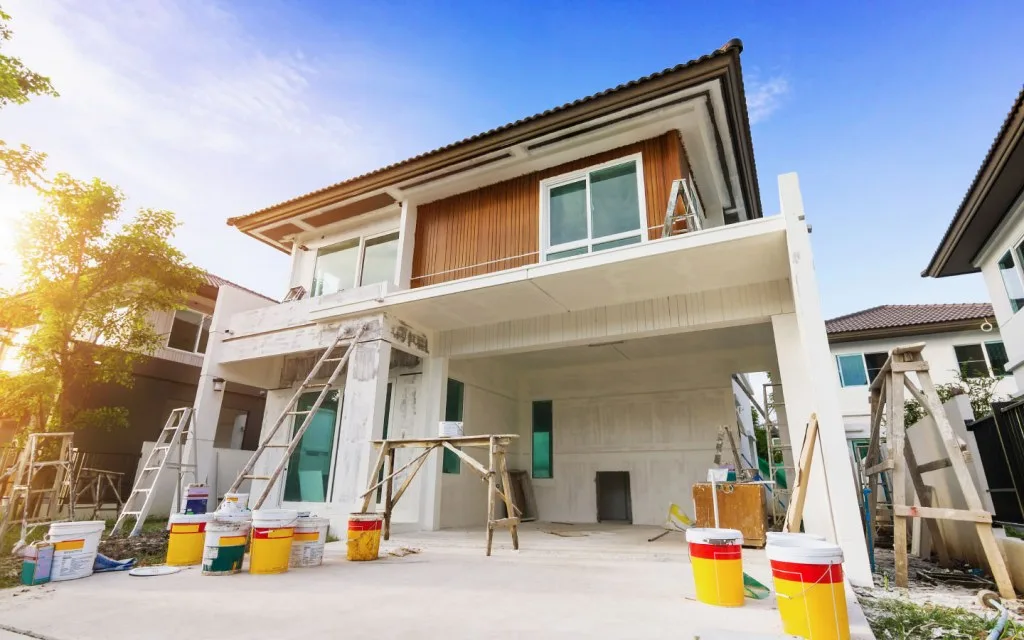The hype for clean energy and a safer environment after the invention of commercial solar solutions has skyrocketed. Global warming has left people concerned, which in turn has resulted in more people applying for solar installations to not only save the environment from global warming but also save a thousand liters of water.
How come it’s an attraction for customers and a successful business strategy?
Businesses supporting a cleaner environment have now become an attractive point for the customers. A business that is compassionate about reducing its carbon footprint will, most importantly, care that its products are healthy, clean, and good for its environment and customers.
From a customer point of view, the business, considering a cleaner environment, will most definitely produce hygienic products and make sure its company is immaculate. Moreover, your business not only becomes popular in customer demands but also becomes the center of attraction for brand collaboration. In no time, you will find a booming business.
A business can position itself as environmentally responsible, which may attract customers who are highly conscious about the environment or, in similar words, eco-friendly. This can work for industries that provide food services.
A marketing strategy that profits you in every aspect, from cost savings to increased profits and a positive public image, does it all.
The Unseen Pros and Cons of Solar Installations:
Although solar solutions are impressive and very eco-friendly, they come with pros and cons. Like everything has its imperfections and does not fit everyone, solar panel solutions, too, are not for everyone and have imperfections that make us question whether they fit us well enough to invest in them.
Pros:
- Increased profits: Cutting down your monthly bills through solar solutions reduces your operational costs and increases savings. Every business strives to lower its bottom line and make as much profit as it can. By generating their own electricity, businesses can benefit for decades, as some solar solutions operate for 20 – 30 years and even more.
- Great tax incentives: as solar solutions are great for the environment, the government tries its best to ensure that every business invests in it. Hence, the government provides incentives to businesses to make solar solutions affordable.
- Low maintenance: business owners often have to worry about maintaining the electronics they invest in from time to time. With the workload already surrounding them, managing maintenance becomes an issue they overlook. Luckily, solar solutions are low to no maintenance, which is another reason why business owners switch to solar solutions.
Cons:
· High upfront investment: What frightens people from getting solar solutions is the upfront investment. Although the prices have gone really low, it is still a huge investment, which scares people from making a loss, especially for commercial areas that get their double ROI after a few years.
· Take up huge space: Solar panels take up a vast amount of space; hence, having a place as big is a must. Not every time, a roof is suitable for solar installations, which is why having a second option is necessary, too, like ground or parking lots.
· Impact curb appeal: As important as saving money, the aesthetics and view of the property are just as important to business owners. Well, sometimes, the solar panels do not give quite an appealing look. As the company’s look is the first impression for business owners, it is highly essential for them to keep their company well-maintained.
Although solar panels do not provide curb appeal, using cleaner energy to protect the environment fills in the need by attracting eco-friendly customers. The high upfront cost is not just a huge investment, but it comes with lifetime profits guaranteed. Hence, solar power solutions are never a failure and will always benefit you once installed.
Solar installation for business:

Commercial locations benefit greatly from installing solar solutions, which is not only advantageous but also a wise financial decision. Commercial solar solutions offer a plethora of other advantages in addition to increased profitability.
Although we have seen a ton of benefits over the decade provided by commercial solar solutions, there are a number of industries that are not considering switching to solar installation. Ever thought, why so? It’s because although we have seen, heard, and definitely know about the benefits and invention of solar solutions, we still can’t figure out how to install solar panels, or most commonly, we can’t figure out if we even need them and if we do, then why exactly? A guide to clear out your confusion:
Calculating Your Business’s Solar Potential:
A business’s initial step in installing solar panels is to assess how much electricity it uses and what portion of its monthly operating expenses are accounted for by utility bills. To determine the increase in your savings, extract the bills. The increase in the amount of savings is your sign to install solar panels and make yourself a profit that lasts for a lifetime.
Analyze the energy consumption:
Analyzing your overall energy usage is the next stage in installing solar panels. This will help you determine how much electricity your solar needs to produce in order to meet your needs. You must determine your overall energy consumption to get the best solar installation for business. The analysis includes peak demand periods as well as your average monthly and annual energy use so that this installation produces smooth electricity that requires little maintenance to make your life easier and stress-free.
Site survey:
A site survey is one way to gather all the information you need to find space where your solar performs best. The site assessment involves finding an appropriate area to install your solar panels, which includes figuring out the site’s solar resource, shading, ground or roof space availability, orientation, solar panel design, and electrical infrastructure. The most important thing is finding a position where sunlight is at its peak to get smooth and generate an adequate amount of electricity.
Permitting:
Look up local laws and all permit requirements related to solar installation. Ensure you have completed all the laws and permits before proceeding with your project to avoid any uncertainties.
Financial analysis:
Determine the overall cost invested in your solar installation, tax benefits, utility bills, and the increase in savings. Figure out the ROI (return on investment) for the lifetime span to help you understand whether installing solar energy is the right decision to make before proceeding with your project.
System design:
Search for different solar technologies and designs that best fit your business needs and budget. Hire a solar expert to help you build the perfect design that is cost-effective and according to your site.
Once you have fulfilled all of the aforementioned requirements, you can install your solar systems with confidence and start producing cleaner energy for your company, which will not only reduce operating costs and increase savings but also improve your reputation and brand image – a complete package deal.



